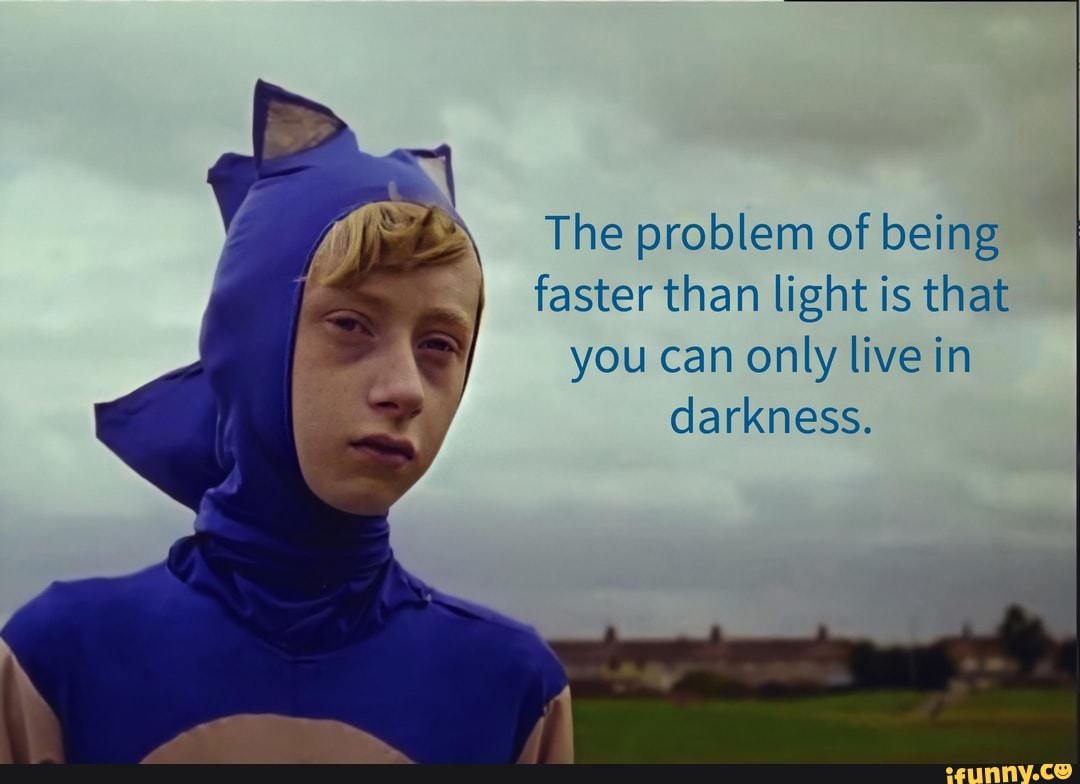

Nothing with mass can travel as fast as the speed of light, or faster (according to relativity).However, massless energy doesn’t always travel its constant speed in practice (as it is often impeded in some way there are no perfect vacuums in the physical universe).Pure massless energy (like a photon) always travels light speed (in a true vacuum).Light speed is a constant speed and the maximum speed of the universe.

With the above noted, rules that apply to light speed include: Rules For Light Speed (Why Nothing Can Travel Faster Than the Light Speed Constant) Thus, this doesn’t break the rule either. In cases where light is slowed down, light is no longer traveling at its constant speed, and even sound can travel faster than light in these conditions.In the Big Bang, it was “nothingness” (AKA empty space) that expanded faster than light.However, even in these cases, there is always a caveat that explains what is happening.

“the speed of light, in a perfect vacuum, measured from an inertial frame as a constant with an exact value of 299,792,458 m/s.”)ĭespite this, under special conditions, such as during the big bang when space expanded faster than light, or in cases where light is slowed down, this rule can sort of appear to be broken (see for example: 4 Things That Currently Break the Speed of Light Barrier). What this means is that, nothing with mass can travel faster than the light speed constant (i.e. In both ways “nothing travels faster than the speed of light”. No “thing” (including particles) can travel faster than light speed, but some “non-things” can. Can Anything Travel Faster than Light Speed?


 0 kommentar(er)
0 kommentar(er)
